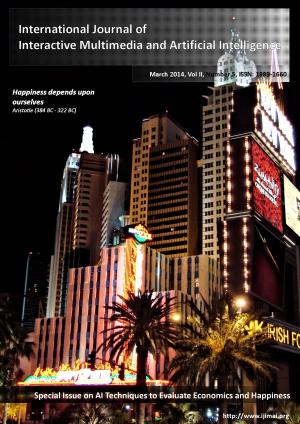- Year: 2014
- Vol: 2
- Number: 5
The science of happiness is trans-disciplinary. Happiness is an experience human beings have and, in consequence, its understanding calls for knowledge from all disciplines which, in one way or the other, deal with all facets of human lives. Various disciplines have contributed to the development of the science of happiness; among them: Psychology, Sociology, Economics, Psychiatry and Neuroscience. Because happiness research deals with human being of flesh and blood, it requires high-level techniques to dealing with large information sets in order to extract that information which is relevant. In the study of happiness there are many observations –as many as persons in the world-, there are many variables, and there are many interrelations and synergies to take account of. In consequence, happiness research benefits from sophisticated models that allow for a better understanding of people’s happiness; without losing contact with what real human beings experience, it is important to use techniques that allow researchers to process all the information reaching for valuable conclusions. It is with this purpose that Computer Science has joined the other disciplines providing its calculation powerful tools to advance the study of happiness. It is therefore appropriate that The International Journal of Interactive Multimedia and Artificial Intelligence has decided to launch a special issue on happiness showing some of the potential contributions the discipline can make to happiness research.
The research works presented in this issue cover various topics of interest, all related to potential contributions from Computer Science to the understanding of happiness and subjective well-being.
Electronic File Download
IJIMAI20142_5.pdf3.02 MB

